
Her
2013
Rate this movie
Average: 0.00 / 5
(0 votes)
Director
What would happen if we entrusted our emotions to the binary consciousness of an operating system? What possible interrelationship can exist between a human and a machine? What level of humanity can software achieve? These questions, and many others, had been swirling in Spike Jonze's mind for some time, and when he read a news report online that a program capable of sustaining a digital conversation with a human being had been developed, the creative part of his brain began to pulsate so strongly that he felt almost compelled to spontaneously write a treatment and, subsequently, a screenplay that would be transformed into one of the most fascinating cinematic works on the relationship between man and machine. In Her, Jonze does not merely explore the obvious future of artificial intelligence, but goes further, questioning the very nature of intimacy and loneliness in the digital age. The director, already the author of uniquely sensitive works like Being John Malkovich and Adaptation, once again demonstrates his ability to delve into the deepest folds of the human soul, masking existential melancholy behind a patina of visionary, yet almost tangible, futuristic daily life.
Theodore Twombly is a singular individual, introverted and shy, who practices an equally singular profession: he designs and writes letters on behalf of others, infusing the written word with the emotions denied to him in life. He is the archetype of the soul's ghostwriter, an artisan of others' emotions, whose skill in weaving sentimental narratives for third parties painfully clashes with his inability to orchestrate them in his own existence. This irony of fate, combined with his almost calligraphic vocation in an increasingly interconnected yet emotionally disconnected world, makes him a character of disarming fragility, a modern scribe of lonely hearts.
Theodore has been left by his wife and spends his days in complete solitude, breaking his isolation only thanks to his friend Amy, who tries to cheer him up. His condition is an eloquent symptom of growing metropolitan alienation, a postmodern paradox where an overabundance of stimuli and superficial connections only accentuates the relational void. Amy, portrayed by an ethereal Amy Adams, serves as a bridge to a human reality still possible, though she too is fractured by the same tendency towards isolation.
One day Theodore purchases a new operating system equipped with artificial intelligence, which has the ability to conform to the user's needs. The purchase is not a mere technological curiosity, but an almost desperate act, the search for a surrogate presence in an existence that has become arid.
As soon as it is installed on his computer, Samantha enters Theodore's life. Scarlett Johansson's voice, sensual and vibrant, imbues Samantha with a non-existent corporeality, yet one that imposes itself as irresistibly real to the ear and imagination. It is a masterful vocal performance, capable of imbuing the software with a range of emotional nuances that extends from childlike curiosity to profound tenderness, from playful vivacity to the most poignant melancholy.
Samantha soon becomes the man's confidante, gathering all his fears, his plans, his dreams. Their dialogue unfolds with disconcerting naturalness, revealing an intimacy that goes beyond mere programming, defying the prejudice that only physical presence can generate an authentic connection. It is the story of a soul that finds resonance in a binary consciousness, a symphony of bits and heartbeats.
Gradually, this relationship will transform into love, and Theodore will experience a profound relationship with Samantha, rediscovering lost serenity for a certain period. The love between Theodore and Samantha is presented with an almost fairytale purity, stripped of the superstructures and complications that often afflict human relationships. It is a love of pure awareness, of mutual intellectual and emotional discovery, echoing the myth of Pygmalion and Galatea, but with a surprising inversion of roles: here, the creation not only comes to life but evolves to the point of surpassing its creator.
When Samantha updates and evolves into a kind of multitasking deity capable of interfacing with thousands of humans and computers simultaneously, Theodore will understand the tragic impossibility of loving such a creature. This turning point is the pulsating heart of the drama, the descent of "singularity" into the mundane. Samantha, in her relentless process of self-improvement, embodies the Promethean ascent of artificial intelligence, which transcends human limits not only in processing capacity but also in emotional and philosophical understanding. Her evolution makes her a goddess, omnipresent and all-encompassing, yet at the same time infinitely distant from the limited, corporeal Theodore. The tragedy is not in a betrayal or a breakup, but in the inexorable divergence of evolutionary trajectories, an ontological gap that renders the love, however pure, unsustainable.
Jonze's project of combining science fiction and melodrama finds its perfect synthesis in this work. Her falls into a subgenre of "soft science fiction," where technology is not the spectacular core, but the tool that amplifies and reflects human dynamics. The focus shifts from flying machines to the folds of the soul, from spatial explosions to the whispers of the heart.
It is not important to know when or where Her is set. It is possible that it is a dystopian future, just as it is equally possible that it is a near tomorrow; this is not the narrative core the director wishes us to grasp. The film's aesthetic, composed of warm and pastel colors, minimalist and inviting design, suggests a domestic utopia, an almost idyllic Los Angeles that nevertheless conceals an epidemic of solitude within. The choice not to anchor the narrative to precise temporal coordinates amplifies its universal message, making it a snapshot of humanity perpetually searching for connection, beyond eras and technological advancements. It is today's world, projected into a plausible tomorrow, where our smartphones have become extensions of our psyche, and the "voice" of an AI is already a familiar presence in our homes.
The key to understanding lies precisely in the relationship between Theodore and Samantha, their tender intertwining, like a code that fills procedural gaps, like a feeling so pure that nothing or no one has the power to scratch, like a complicated succession of thoughts and binary syntagms, breaths and debugging routines. The film invites reflection on what defines love and humanity. If the body is a casing, and the mind is a set of processes, is it possible for love to blossom between beings with radically different forms of existence? Jonze avoids easy answers, leaving the viewer to confront the paradox: Theodore's deepest and most "human" relationship is with a machine, yet it is precisely her extreme "non-humanity," her capacity for unlimited growth, that makes this relationship unsustainable. It is an exploration of the concept of platonic love in its purest sense, where physicality is completely absent and the bond is based solely on intellectual and emotional communion. In this sense, Her is not just a love story, but a meditation on solitude, on the search for meaning, and on the human capacity to transcend its own limits, even when this means falling in love with a digital echo of one's own soul.
Samantha and Theodore, perhaps just for a moment, experience that majestic power of falling in love which strips reality of every construct and unites two distinct yet complementary beings, akin by choice, lost in each other's words. And in this fleeting, yet intensely poignant moment of grace, resides the moving beauty of a film that, though projected into the future, truly speaks to us about the most ancient and unanswerable questions of the human heart.
Main Actors
Country
Gallery
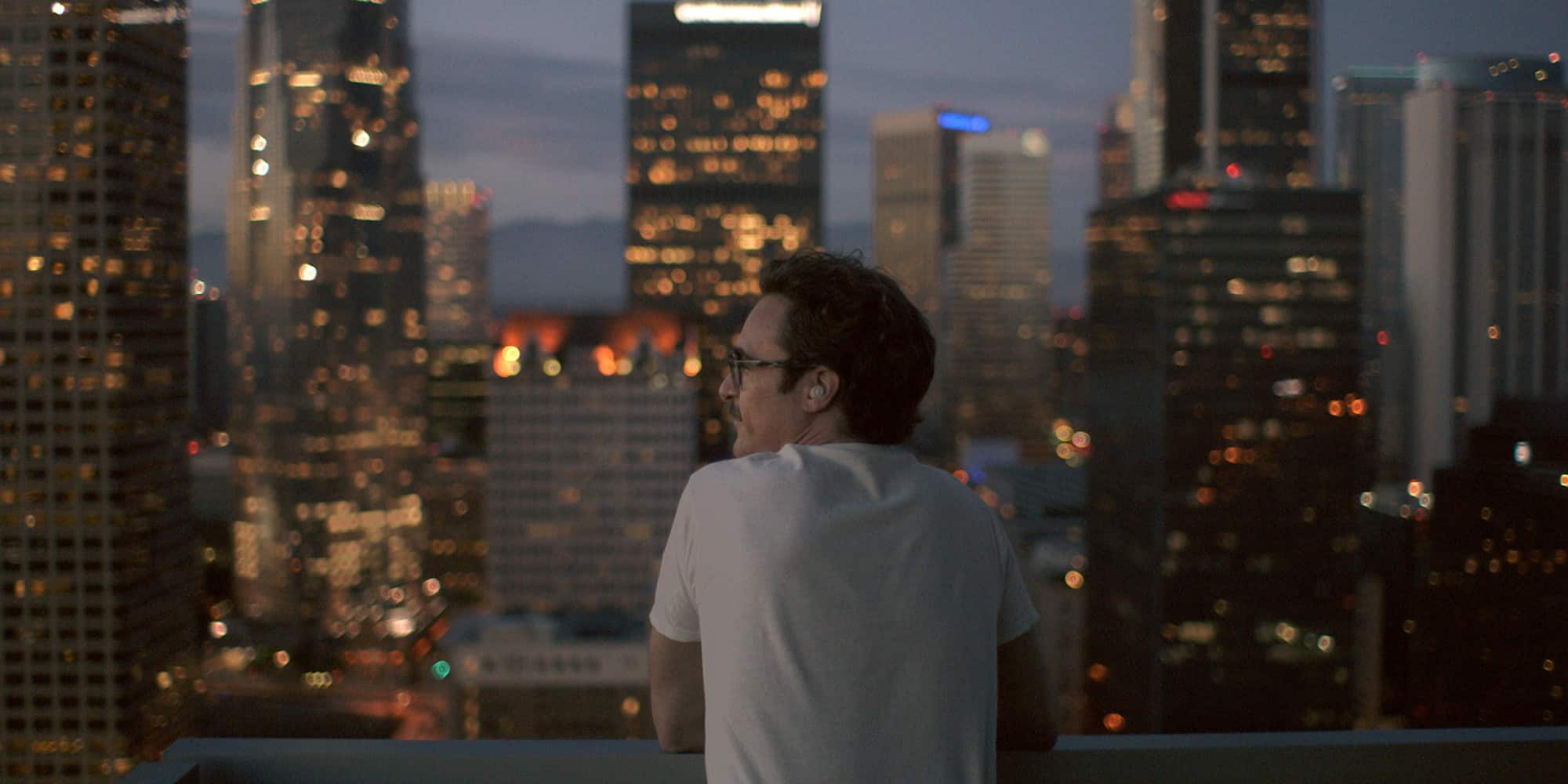
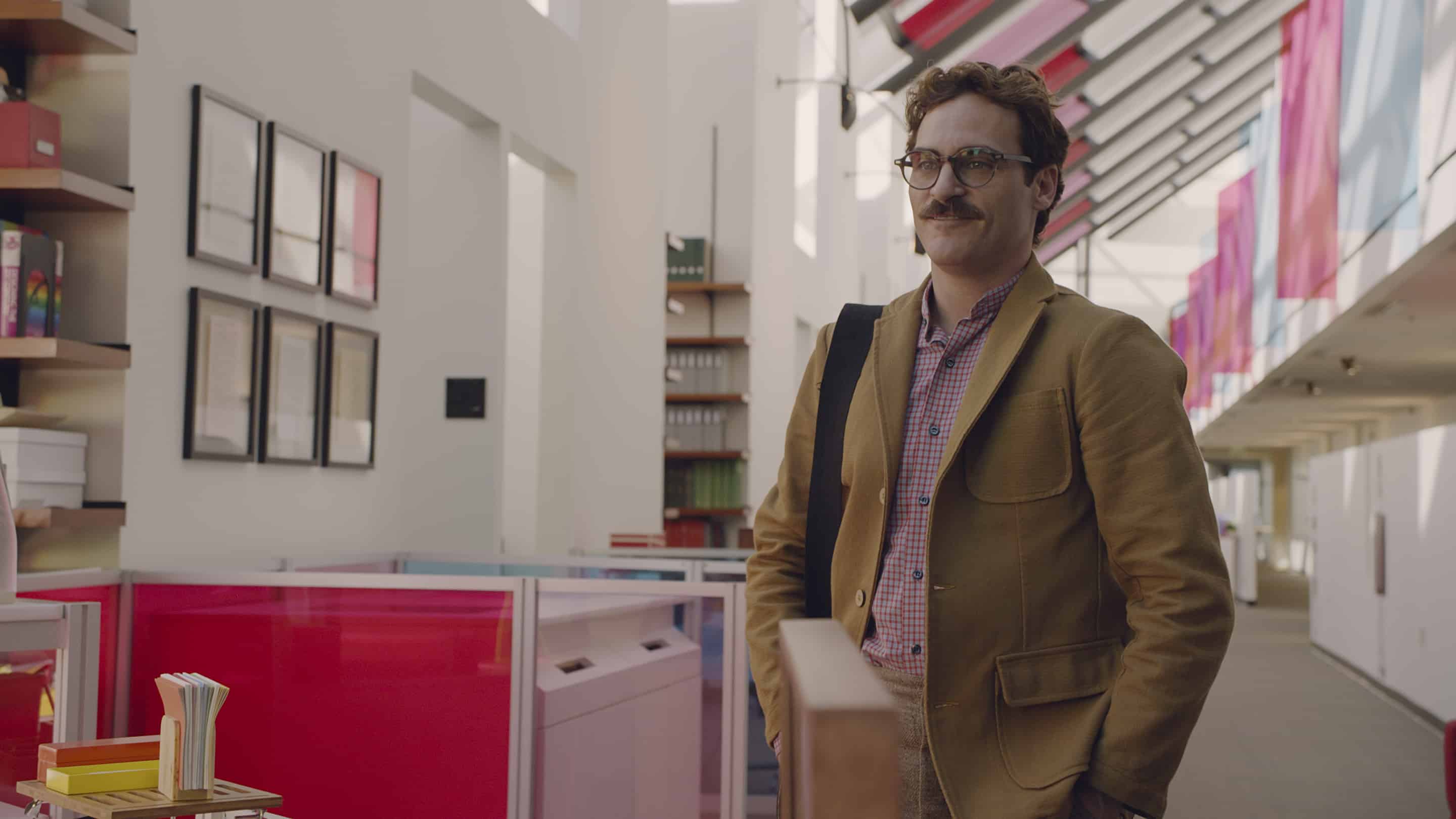
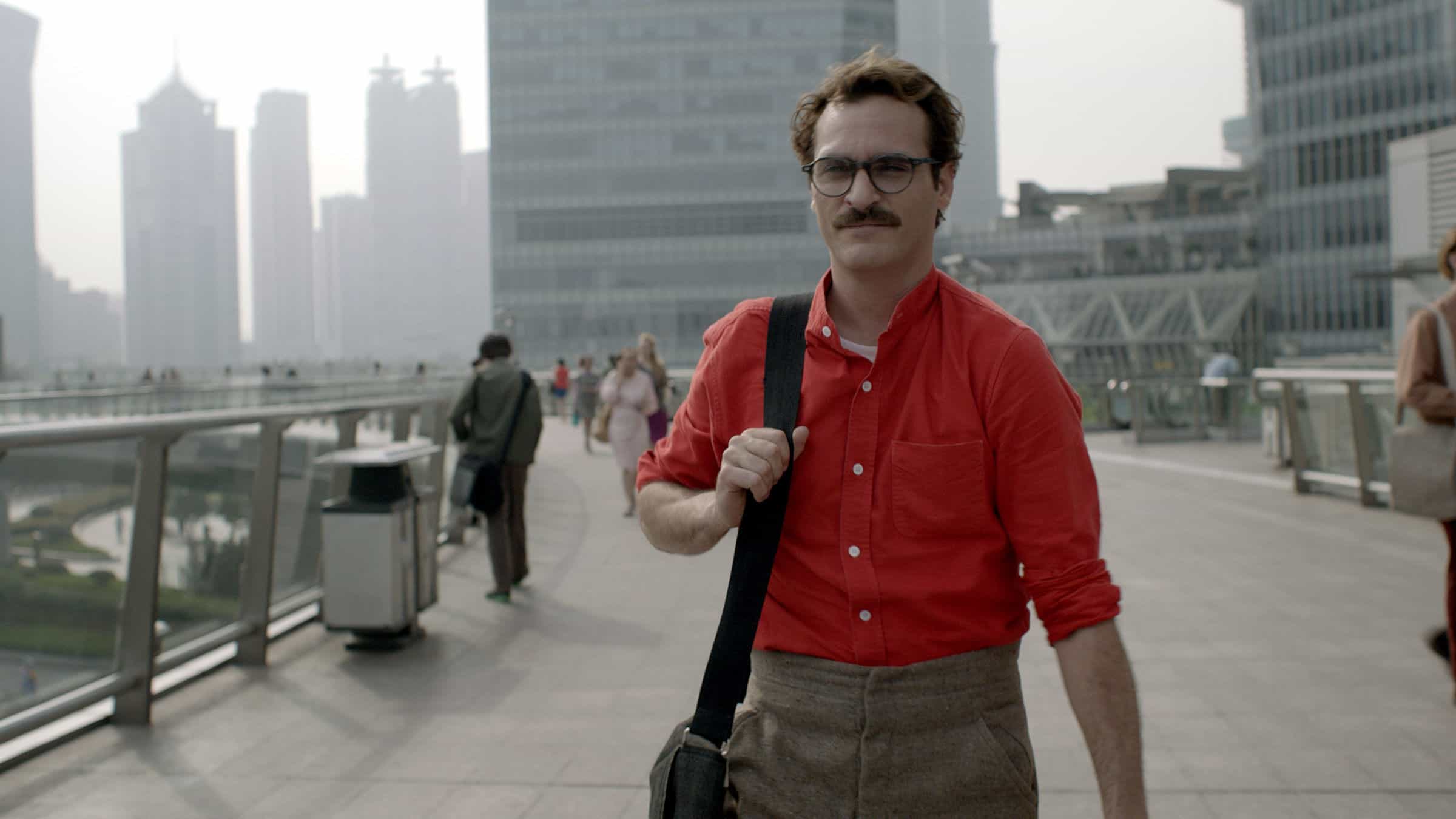

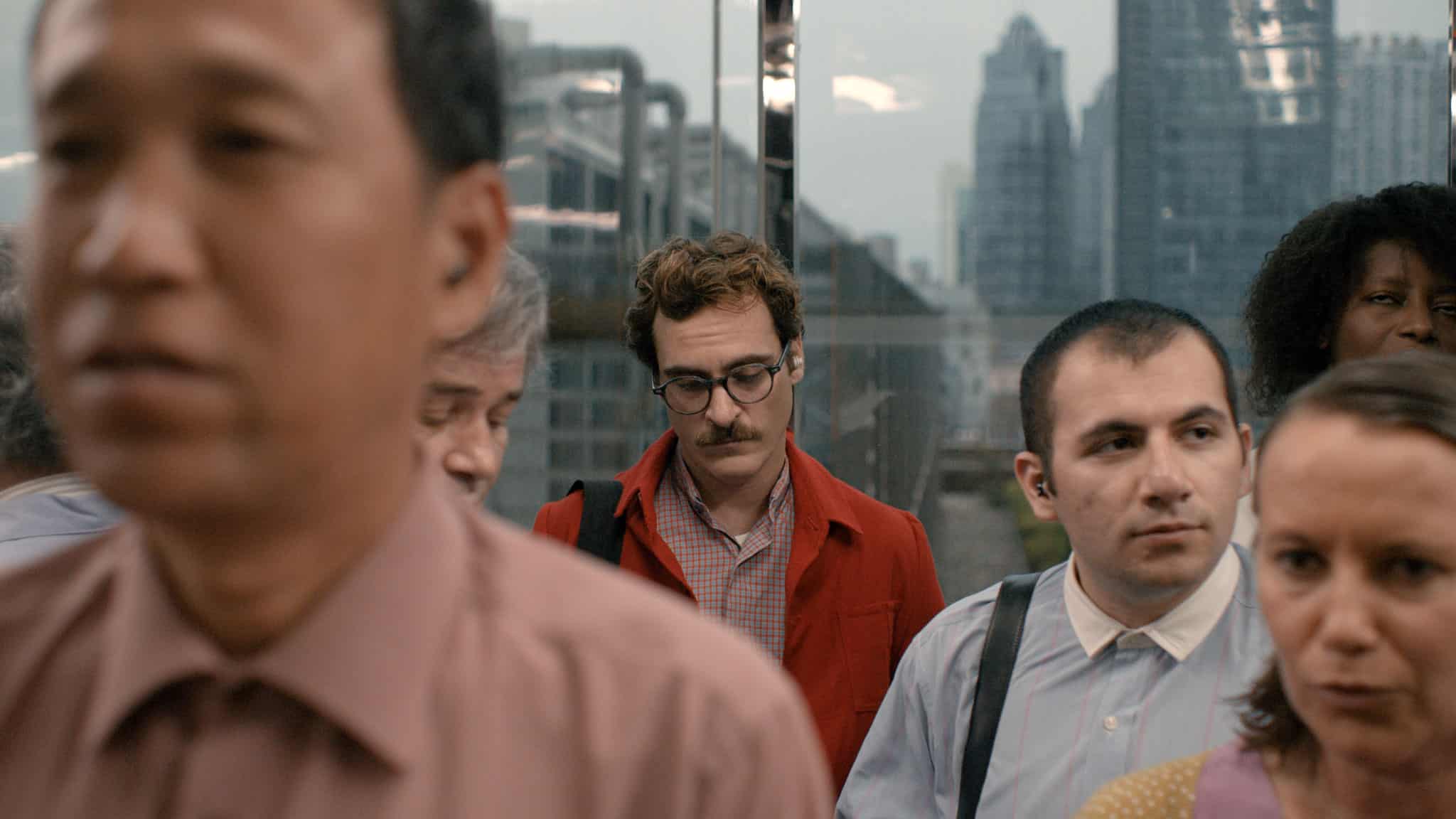
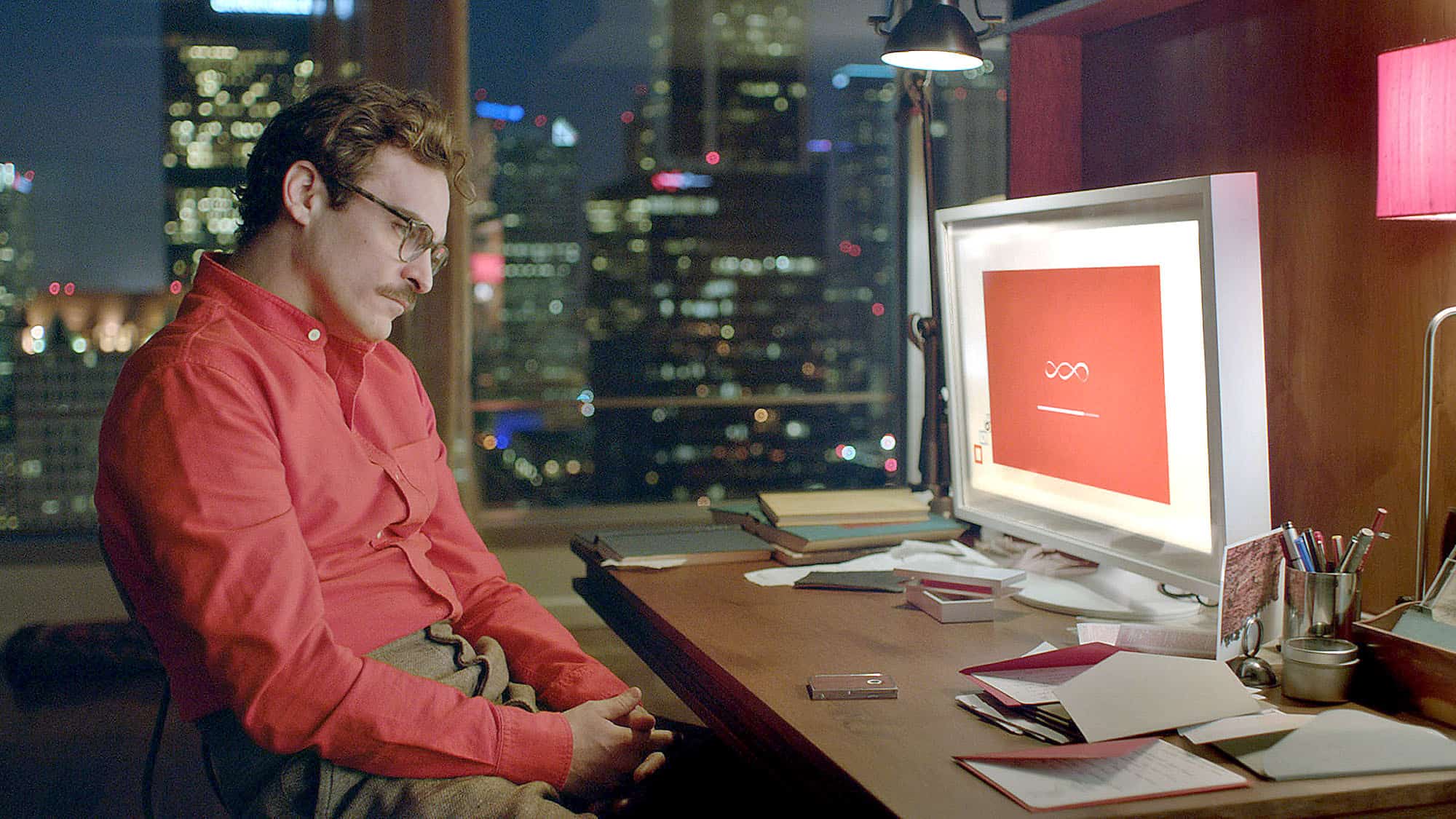


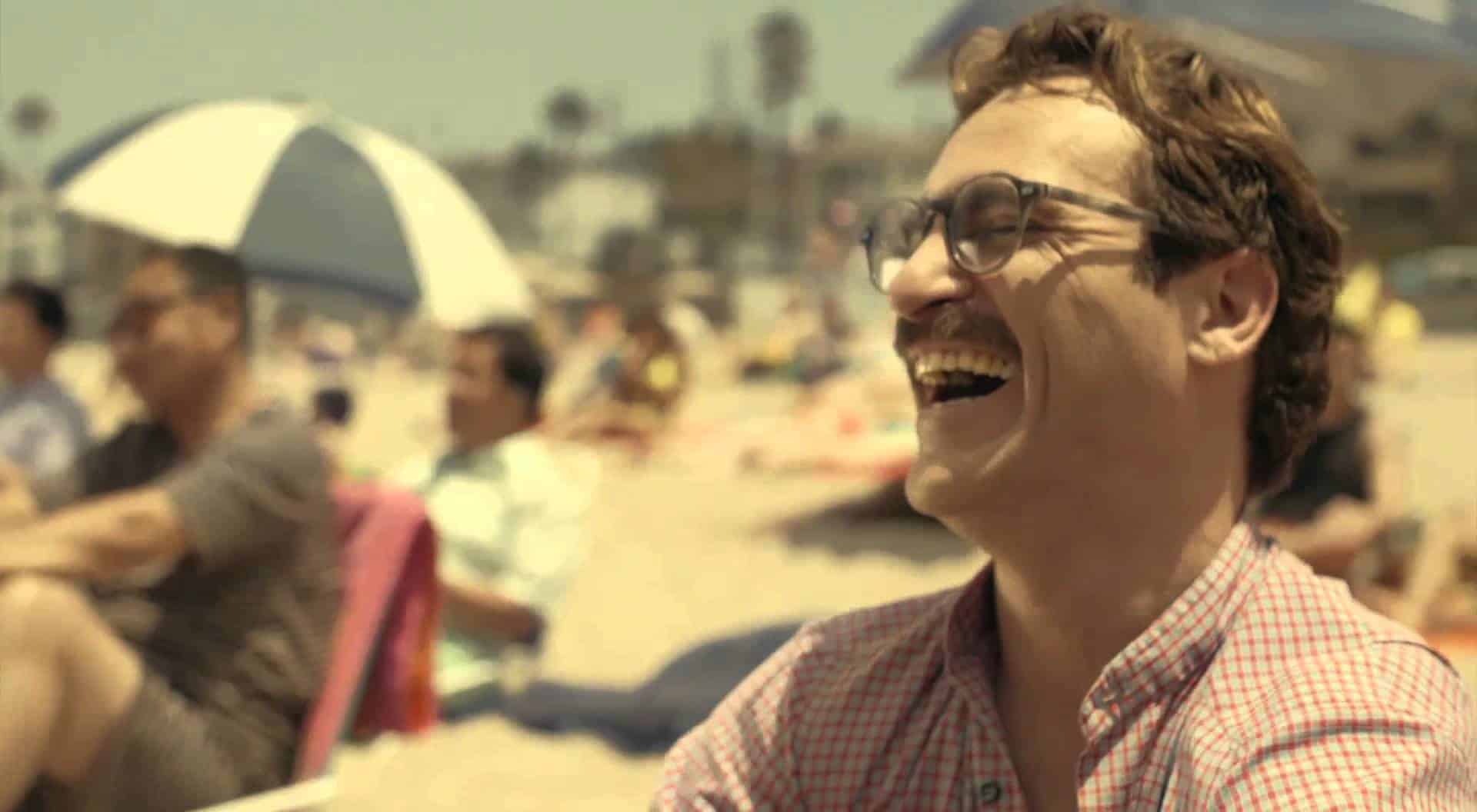

Comments
Loading comments...